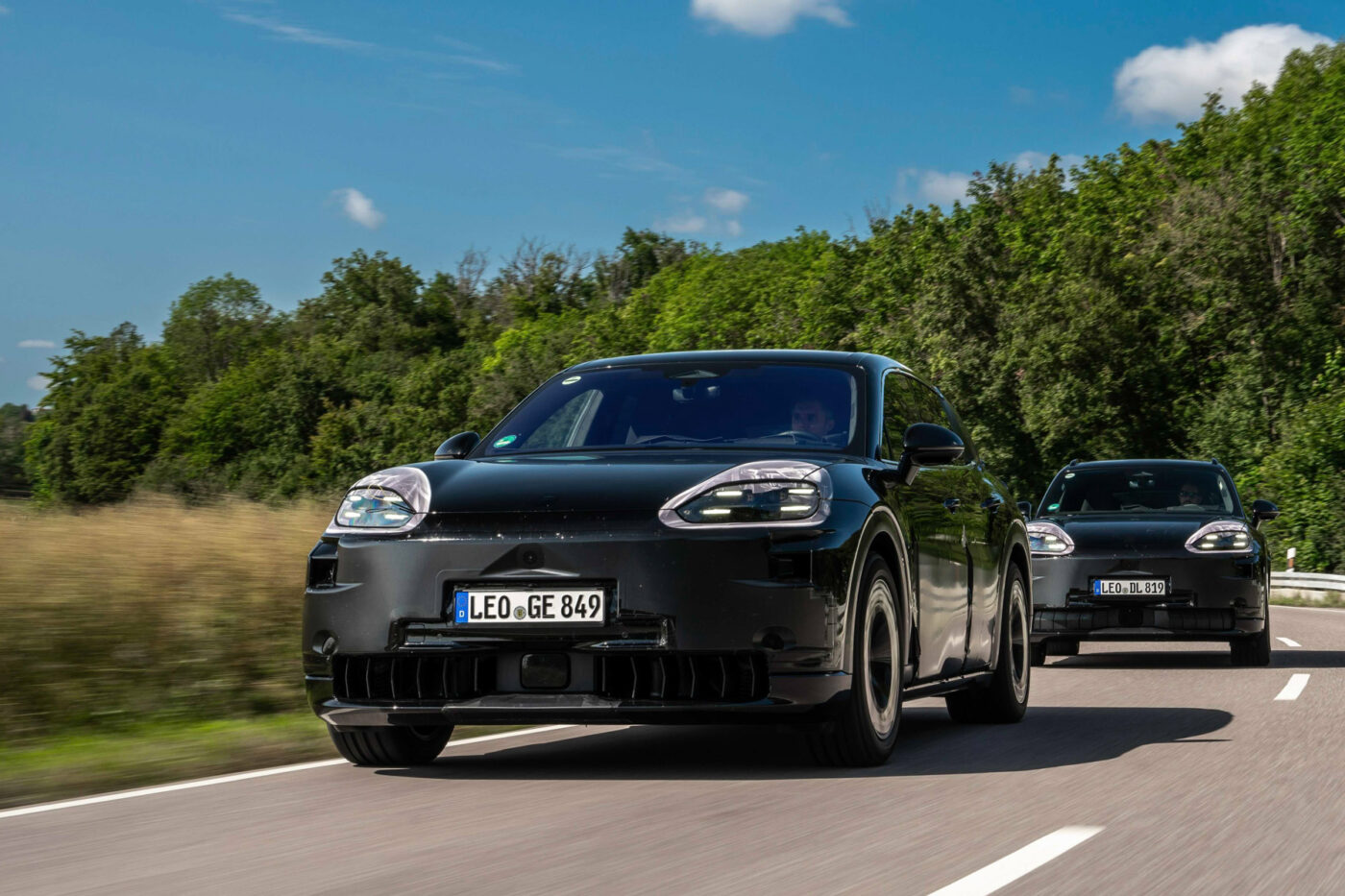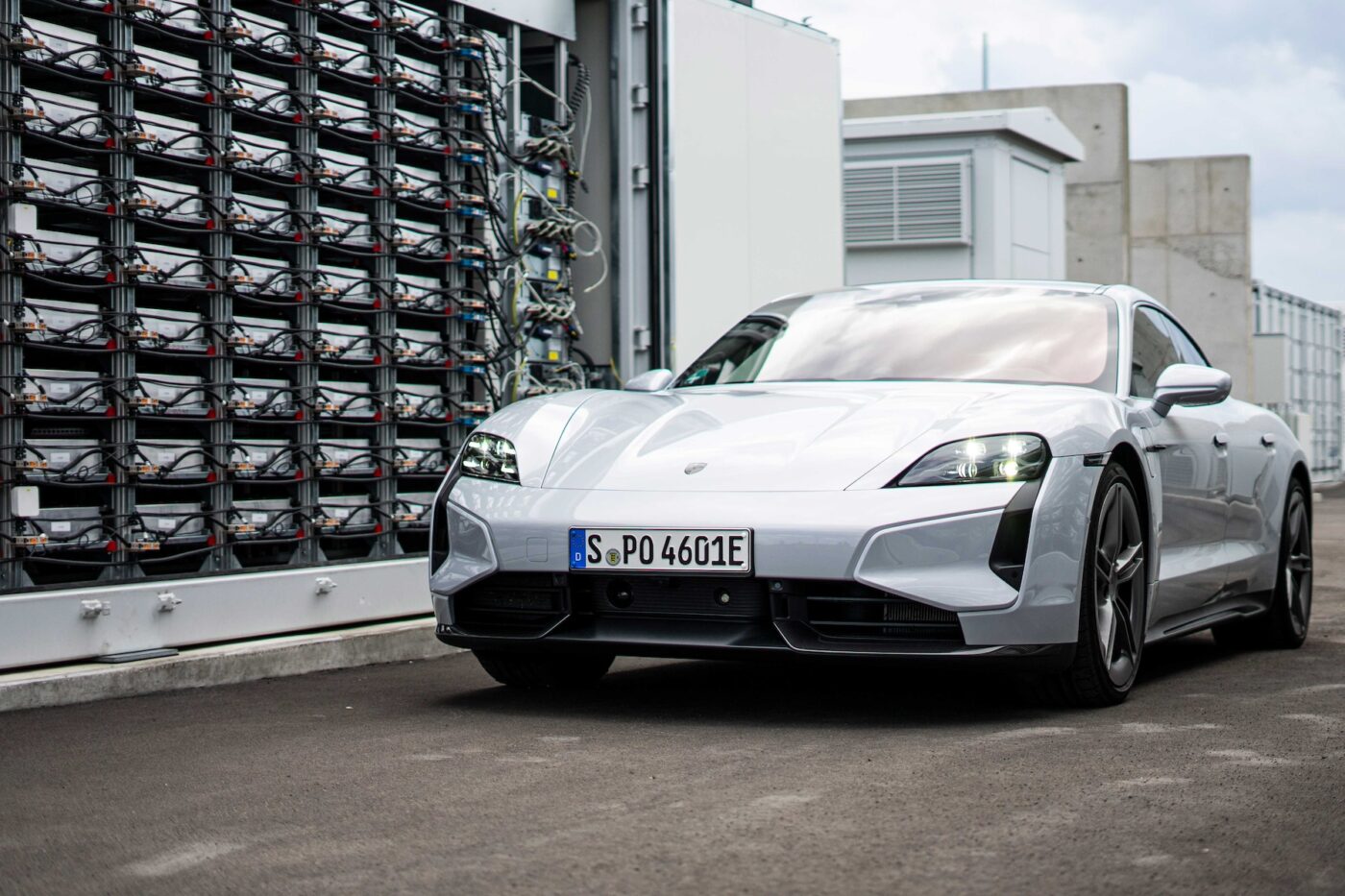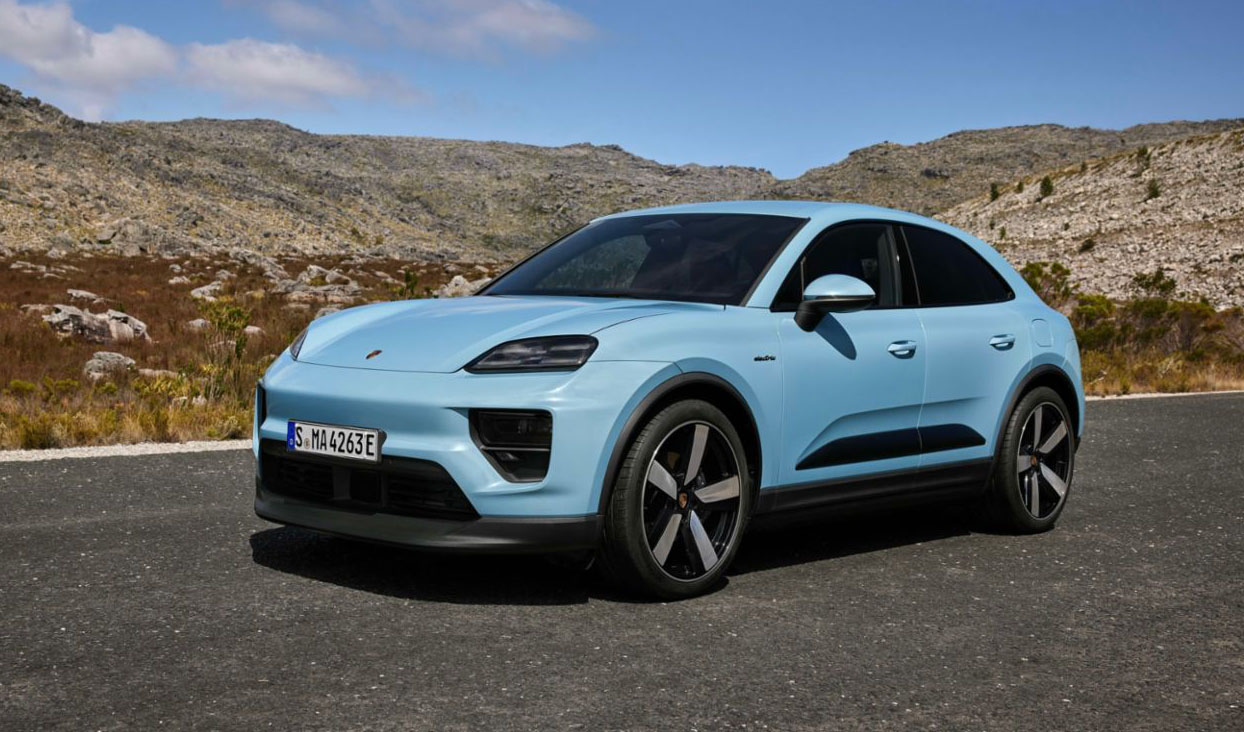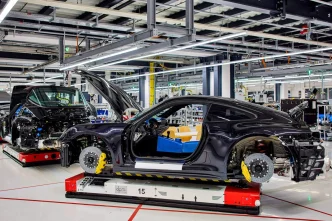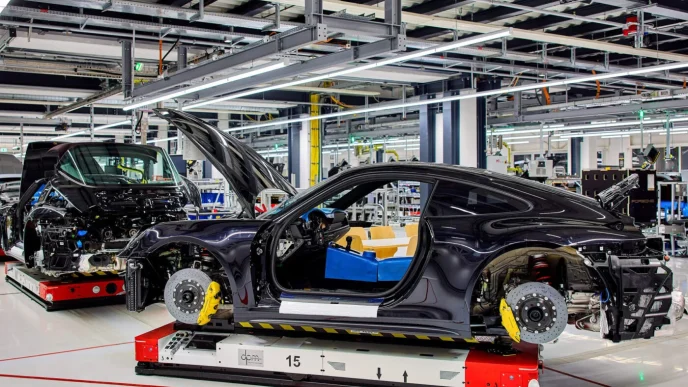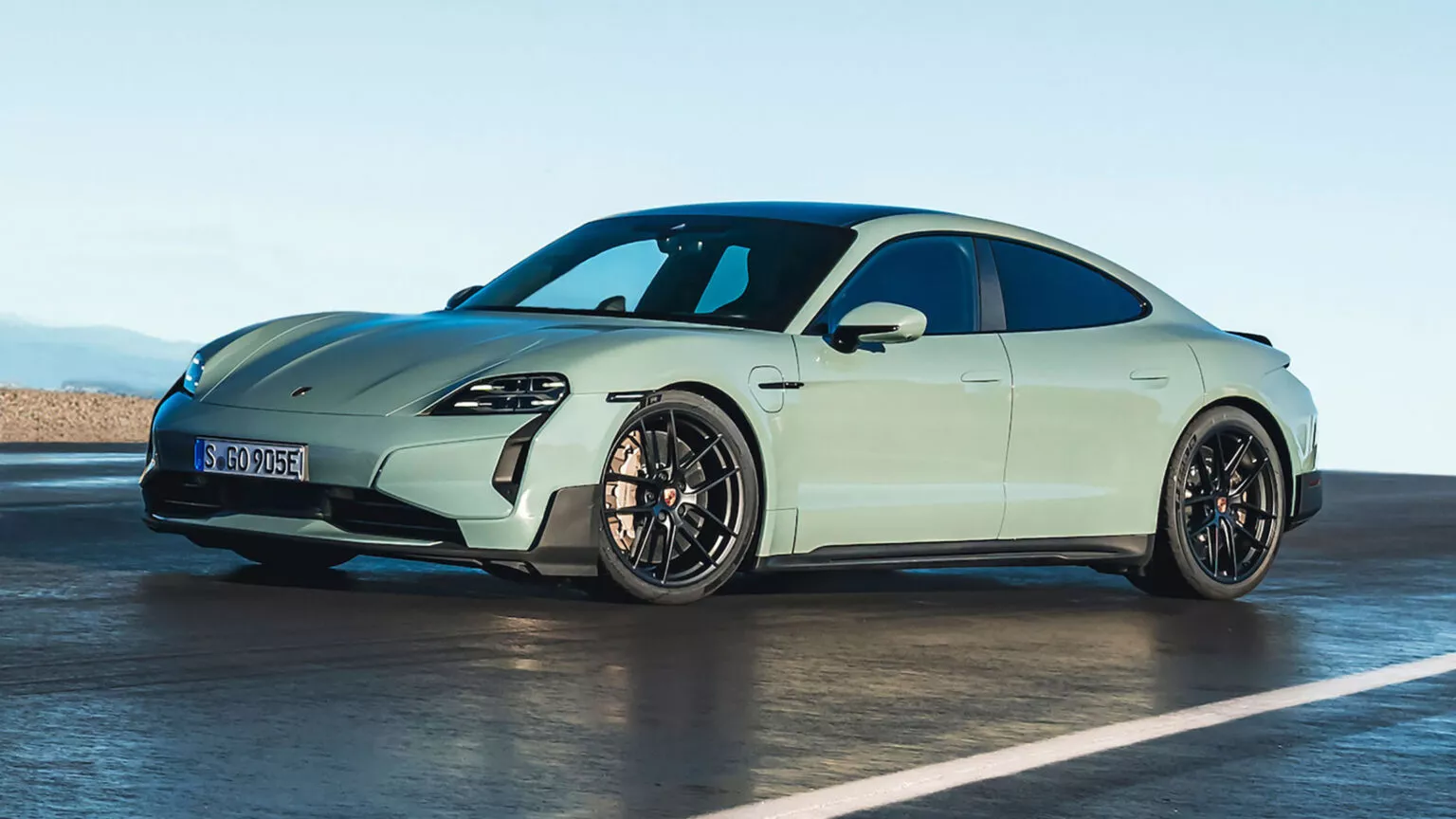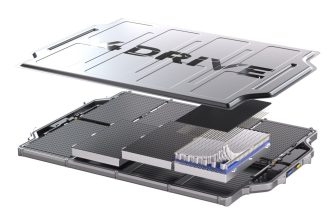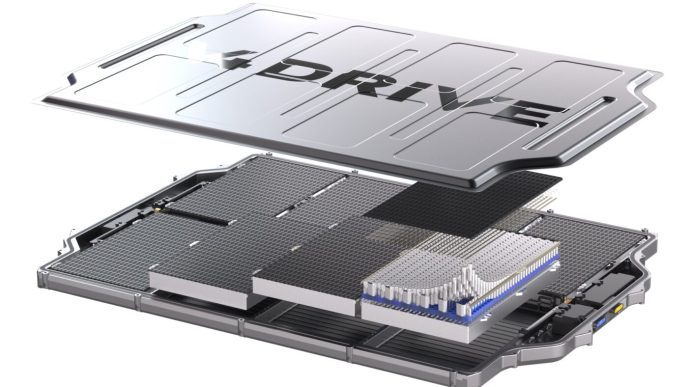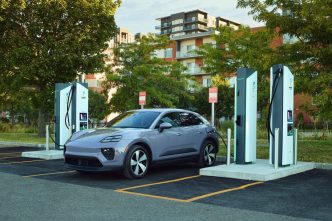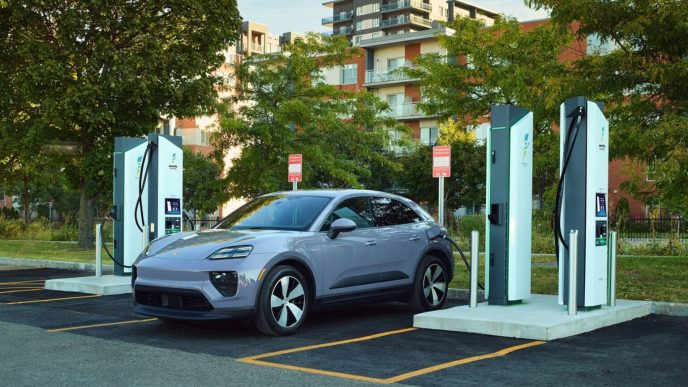Porsche has released the first images of the camouflaged prototypes for its all-electric Cayenne, marking a significant milestone in the vehicle’s development. The German automaker confirmed that the new electric Cayenne will not be the sole variant offered in the model lineup.
The all-electric Cayenne, part of its fourth generation, will utilize a “comprehensive further development” of the Premium Platform Electric (PPE) with an 800-volt architecture. Porsche plans to debut this platform with the new Macan, which will be exclusively electric in Europe. The PPE aims to enhance high-voltage systems, powertrain, and chassis technologies.
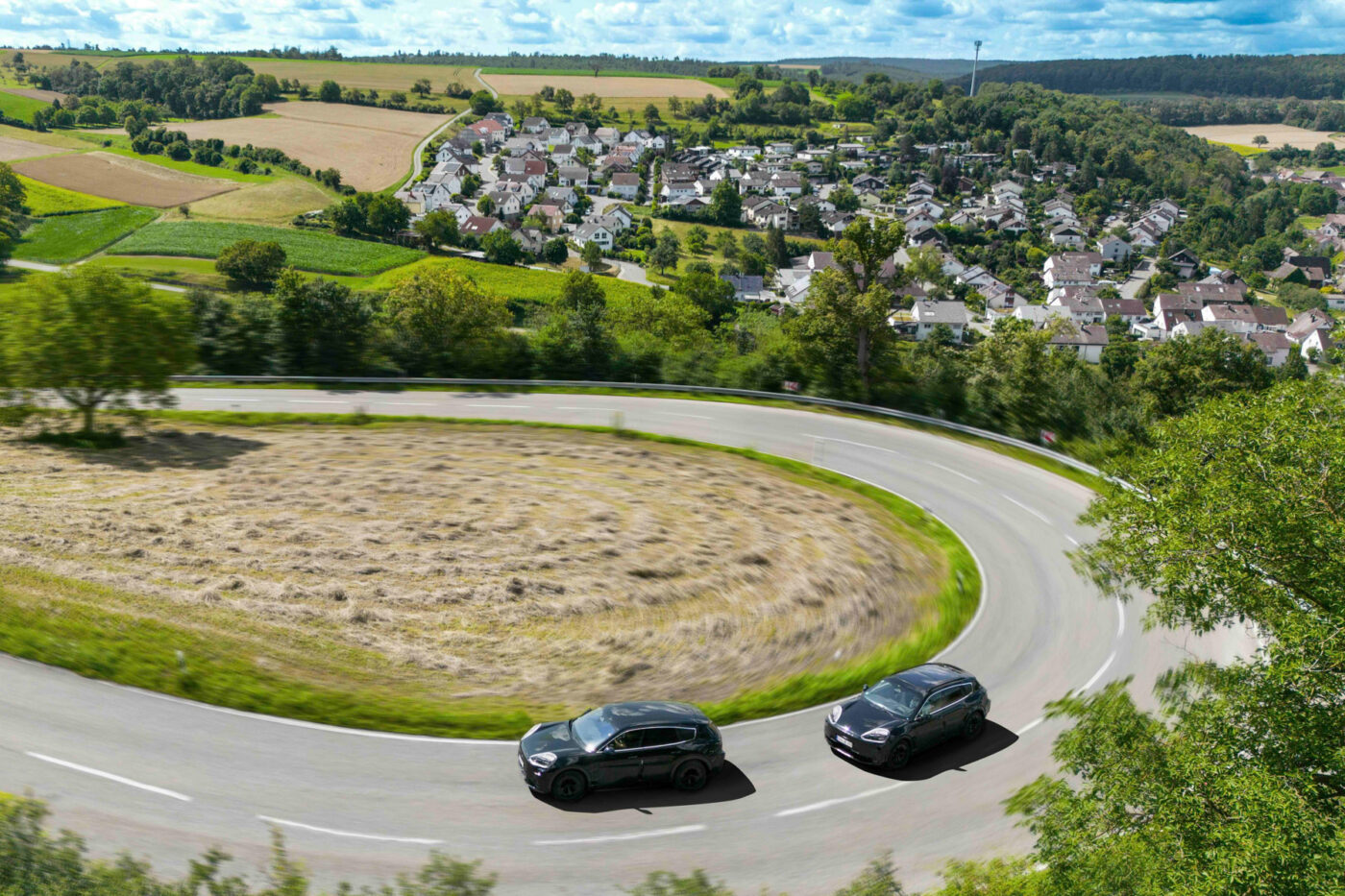
“The flexibility of the PPE architecture allows us to integrate the latest technology in the fields of high-voltage systems, powertrain and chassis. We are going to utilize the potential of electrification to take the Cayenne to a completely new level in a number of ways – for instance, in driving performance,” said Michael Steiner, Member of the Executive Board for Research and Development at Porsche AG.
The initial prototypes have completed both digital development and preliminary road tests at Porsche’s Weissach development center in Germany. “The real-world testing has begun, and this is one of the most important milestones of the development process,” noted Michael Schätzle, Vice President Product Line Cayenne.
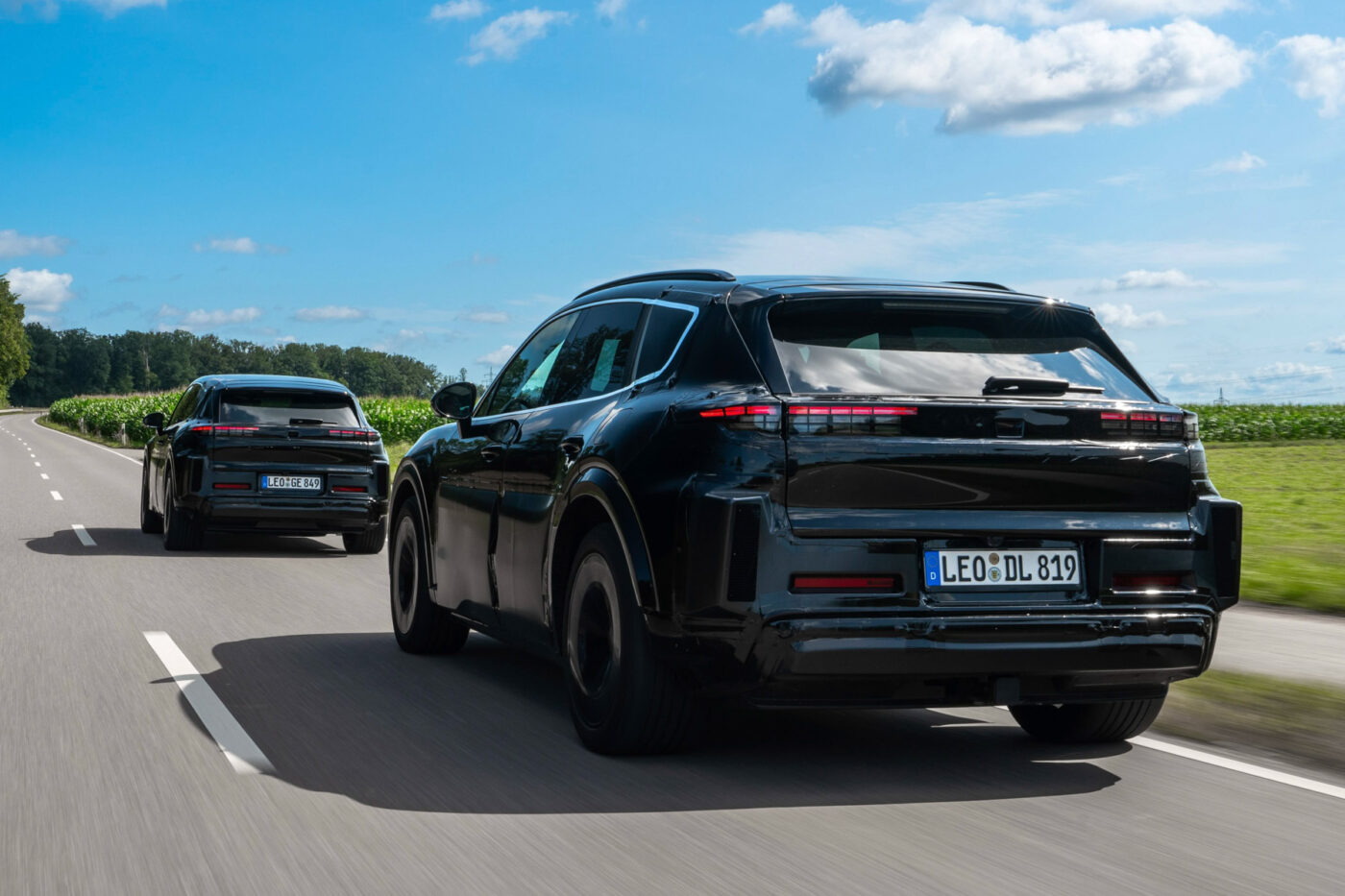
Porsche also confirmed that the Cayenne will offer a variety of powertrains in the coming decade, including a battery-electric vehicle (BEV), hybrid, and combustion engine versions. The current Cayenne generation, which underwent a significant upgrade last year, will continue to evolve with major technological investments. This includes advancements to the V8 engine, ensuring it meets future regulatory requirements.
Porsche CEO Oliver Blume highlighted the new Cayenne’s role in advancing electric mobility for the company. “Our product strategy could enable us to deliver more than 80 percent of our new cars fully electrified in 2030 – depending on the demand of our customers and the development of electromobility in the regions of the world,” Blume said. This marks a shift from Porsche’s previous goal of delivering 80 percent electric vehicles by 2030, now subject to market and regional developments.

